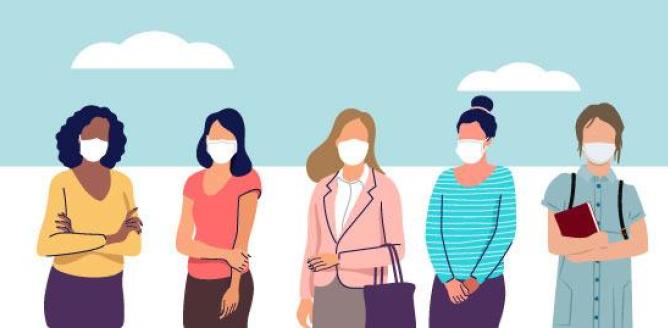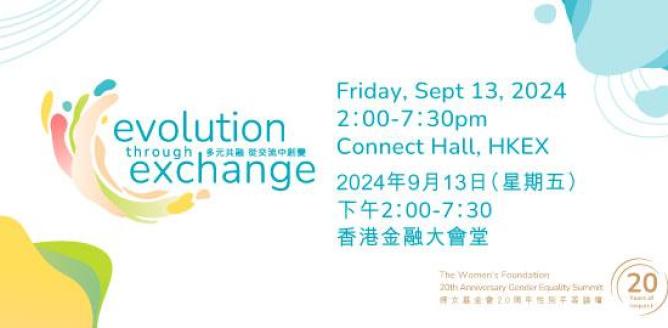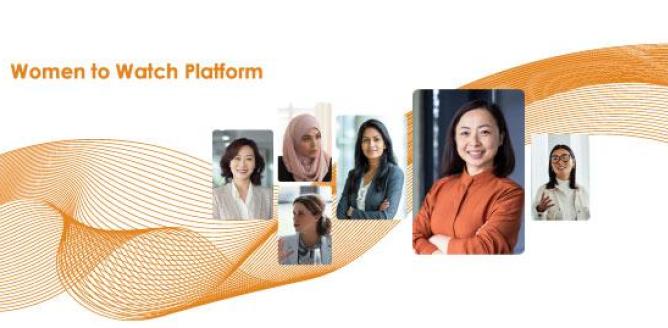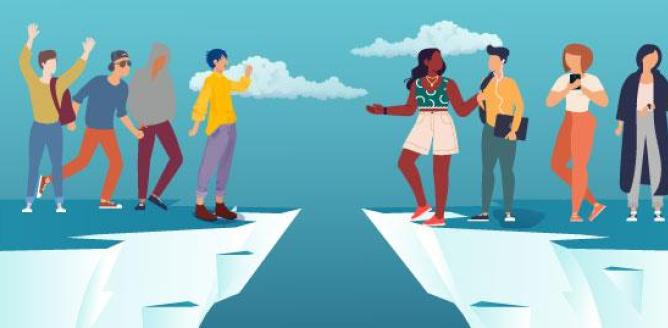We hope everyone is taking some time out to breathe and enjoy the summer months while staying hydrated and safe.
Here are three recent pieces of research that offer global insights into the potential long-term impact of COVID on livelihoods, work and education, and how this particularly impacts women and girls.
The world is still more than a century away from achieving gender parity, East Asia even more so: The World Economic Forum’s 2022 Global Gender Gap report revealed that while the gender gap has narrowed by six years since 2021, we are still 132 years away from gender parity which is three decades behind where the world was pre-pandemic. East Asia and the Pacific is 168 years away –while progress was noted with an increase of female representation in leadership positions, there was a notable decrease in women’s workforce participation and a higher perception of wage inequality.
Women are overwhelmingly burned out and feel excluded at work: Deloitte’s Women@Work 2022 report survey found that 53% of women report their stress levels are higher than a year ago and nearly half feel burned out. This is perhaps unsurprising when only 1 out of 3 women say their employer offers flexible working and an overwhelming 94% feel their promotion prospects will be negatively impacted by requesting flexible work. Hybrid work environments may exacerbate these concerns with the majority of women reporting that they feel excluded at work. There has also been an increase in workplace harassment and / or microaggressions, particularly among those who identify as racial and sexual minorities.
The pandemic has deepened and widened the poverty learning gap: Findings from The State of Global Learning Poverty by the World Bank and other major institutions are alarming. With school disruptions and uneven availability of, or access to, remote learning, all regions under the pandemic saw a rise in learning poverty and these gaps mean this generation may lose an estimated $21 trillion in lifetime earnings. The report highlights these gaps compound the risks for populations already marginalised including girls, those with disabilities and those affected by conflict.
These findings are concerning and should fuel us into action. This is why TWF has recently expanded our TEENForGood Initiative to tackle the learning gap and, with the support of Manulife, have matched 25 underprivileged secondary school students with tutors who are ‘graduates’ of our T.E.E.N. Programme for one-on-one online tutoring support. This is why we continually update the curriculum in our suite of Pipeline Initiatives working with women, organisations and allies so that they address issues magnified by the pandemic such as mental well-being, performance metrics, flexible work, and inclusivity using a gender lens. And it’s why we advocate for holistic policy change to increase women’s workforce participation – which has to include less discussed reforms around reproductive health including menopause and strengthening protections against sexual and domestic violence, among others.
We urge each of you as employers, colleagues, and educators to examine the impacts COVID-19 continues to have on all of us – particularly for women and girls, and take action to create a more supportive, inclusive community.
Get in touch at Fiona.Nott@twfhk.org.





















